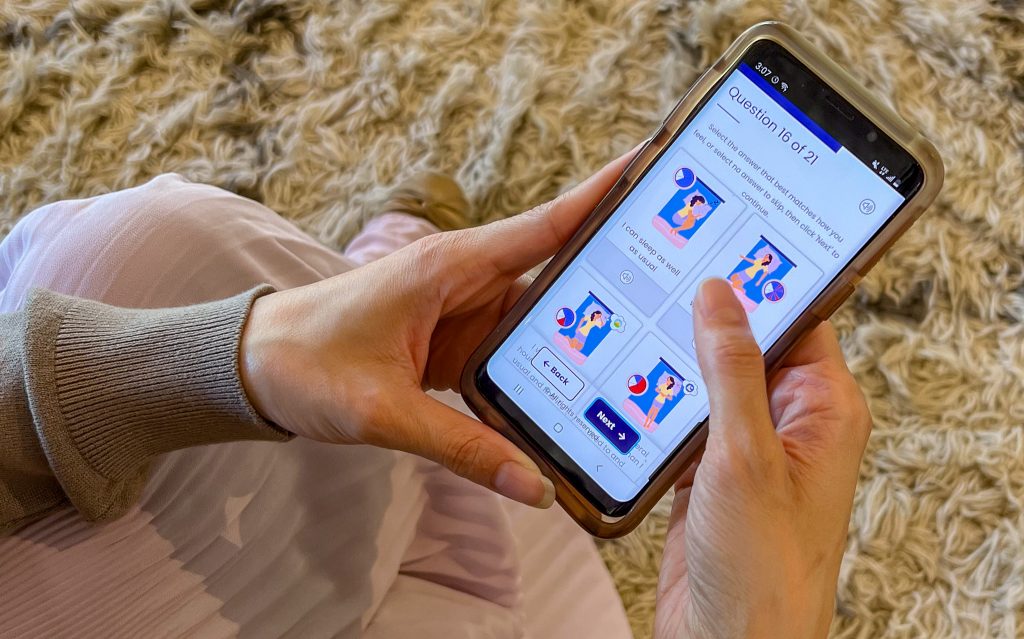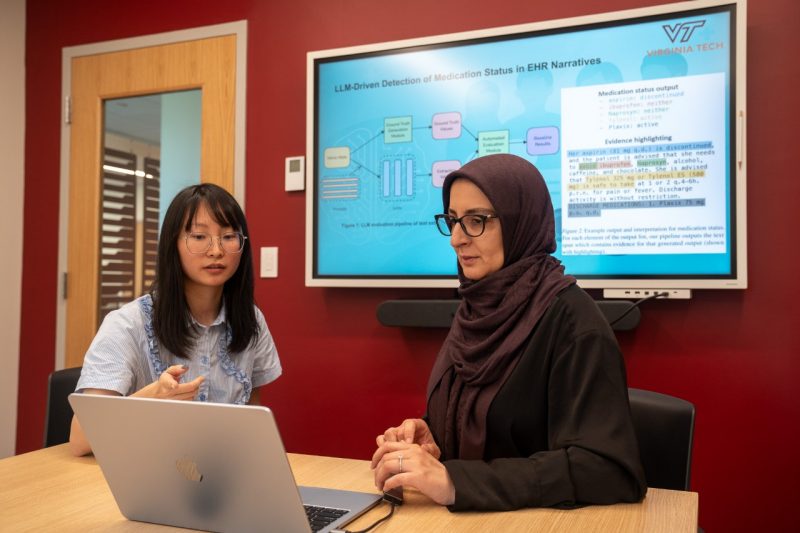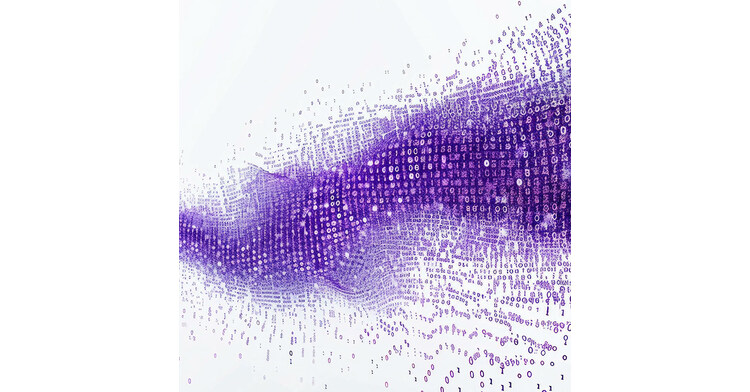Cognizant Launches AI Training Data Services to Accelerate AI Model Development at Enterprise Scale Cognizant is a data and AI model training partner, long trusted by large digital native pioneers to help train some of the most advanced AI /ML models in the world , /PRNewswire/ -- Cognizant (NASDAQ: CTSH) today announced the launch of AI

AI expert helps startup improve health care delivery | Virginia Tech News
Hoda Eldardiry, associate professor in the Department of Computer Science, and her research team are working with health care startup LiteraSeed Inc. to save lives with technology that bridges communication gaps between patients and their medical providers.
In the U.S., nearly 80 percent of misdiagnoses are related to miscommunication, resulting in up to 200,000 avoidable hospital deaths, according to The Joint Commission, a nonprofit that accredits more than 22,000 health care organizations and programs nationwide. Those errors — more than half of which occur because patients struggle with low health literacy or language barriers — cost the health care system about $238 billion annually, according to a 2021 report in the Journal of Public Health.
Working under a nearly $1 million grant from the U.S. National Science Foundation, Eldardiry’s Machine Learning Laboratory will harness cutting-edge artificial intelligence (AI) technologies to integrate LiteraSeed’s existing visual-based patient communication tool with electronic health record systems for more efficient, data-driven health care.

Preventing fatal errors
“Cultural barriers, less access to care, and language and literacy barriers put already vulnerable communities at greater risk of misdiagnosis, which can lead to critical medical issues and death,” said Aziza Ismail, LiteraSeed co-founder and chief operating officer. “Enhancing communication is crucial for improving the efficiency and quality of health care services as well as patient outcomes.”
Ismail, a digital health entrepreneur whose parents immigrated from Afghanistan, lost her 10-year-old cousin to anaphylactic shock while the family waited for treatment in an emergency department. She said this preventable death was caused by a breakdown in communication between medical providers and her family.
After two more life-threatening incidents in her family — one ending in the death of a baby — Ismail founded LiteraSeed to close critical communication gaps between patients and their medical care teams. To address this problem, the company has developed a visual-based tool that helps patients better communicate critical health information, regardless of language proficiency or health literacy.
“Both Aziza and I have witnessed devastating medical mishaps within our families, including severe misdiagnoses or avoidable errors that put lives at risk,” Eldardiry said. “We share a passion for health care technology, driven by a deep desire to prevent similar tragedies and improve patient outcomes.”

Solutions for patients and providers
Their goal, Eldardiry said, is to benefit not only patients, but also health care providers who are time-constrained, overburdened, and sometimes misled by miscommunication.
With support from the U.S. National Science Foundation Small Business Technology Transfer Phase II grant, her team is working on an AI-powered triage system that can extract relevant information from a patient’s medical records, accurately predict serious medical risks, and quickly inform care providers when a patient is in danger.
“So far, our tools can extract from medical records more than a dozen critical risk factors like past and active health conditions, misinterpreted lab values, and pertinent family history with near 100 percent accuracy,” Eldardiry said.
Eldardiry has worked between industry and academic research since earning her Ph.D. in 2012, when she took a position with Xerox PARC. Later, as a university researcher, she worked with eBay, Adobe, and other companies.
The LiteraSeed partnership has been particularly gratifying, Eldardiry said. She and Ismail met through a mutual acquaintance in 2020 and spent a lot of time on Zoom talking about Ismail’s idea for a digital tool to help patients navigate the U.S. health care system.
“At the time, Aziza didn’t have any money for the project, and I was invited to collaborate with her while she sought funding for her startup. And now we’re building this new kind of tool together,” Eldardiry said. “It’s been rewarding to support somebody from idea to product.”
Her students also benefit from getting hands-on experience in AI-driven clinical innovation and pursuing meaningful change in health care, Eldardiry said.
Team members include computer science graduate students Ming Cheng and Tong Wu and undergraduate student Ahmed Abdelhady. Graduate student Wang Wei previously participated.
“The need for practical, technology-driven solutions in health care has never been greater. Our partnership with LiteraSeed goes beyond innovation — it’s about transforming patient-provider interactions to improve health outcomes for all populations,” Eldardiry said.



